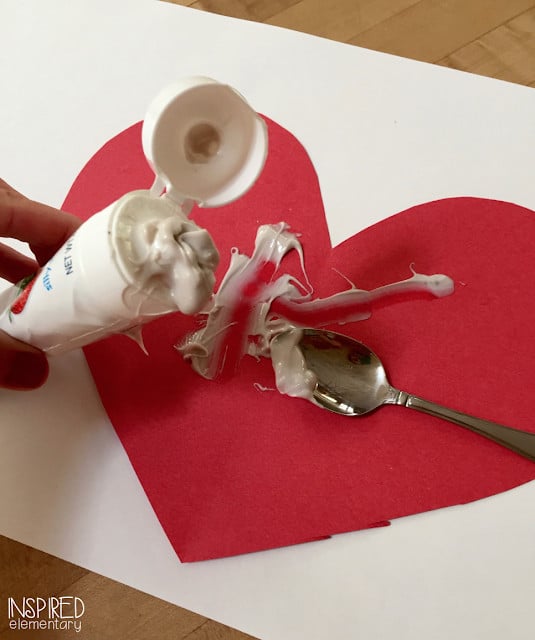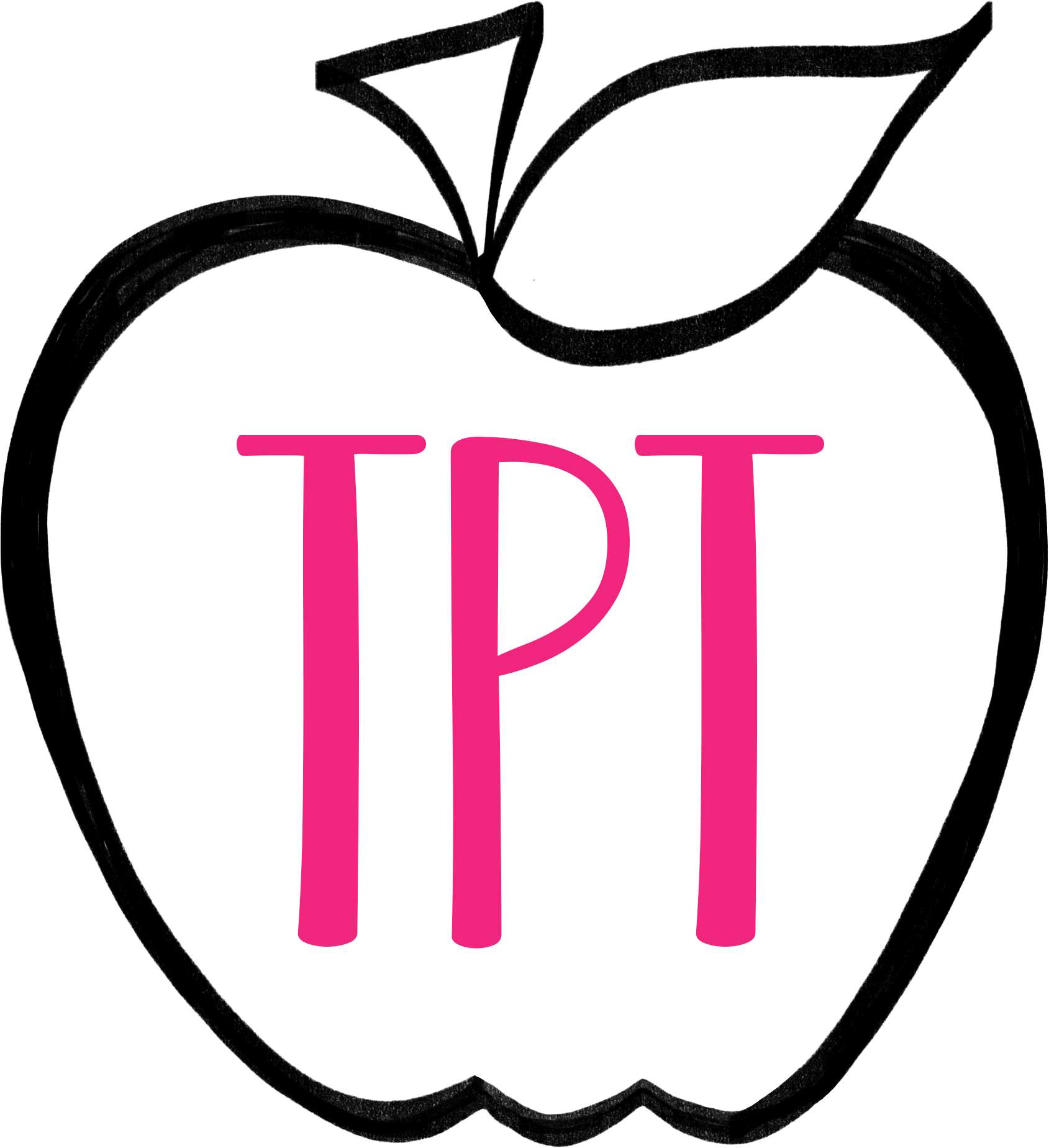One of my favorite activities to do with my students is “The Toothpaste Lesson.” As early as preschool, most students are exposed to the phrase, “If you don’t have anything nice to say, then don’t say anything at all.” I think it’s great that they learn this, but what is even better is when they learn and understand “the why” behind the phrase.
Words are powerful! They can make a person feel amazing or they can make someone really feel hurt. Once words are spoken, kind or unkind, they are forever imprinted on the heart. And for that reason, each group of kids that I ever work with receives the “Toothpaste Lesson.”
For this lesson, all you need is a tube of toothpaste, a spoon and a large paper heart (I’ve even just used a paper plate when that’s all I’ve had on hand). I also like to call up a student volunteer to interact with me during this lesson.
Start the lesson by giving your student volunteer the large paper heart to hold up in front of the class. Then give that student a compliment and squeeze out some toothpaste onto their paper heart. Give them another compliment and do the same thing. Tell the class that spoken words “stick” to people’s hearts.
Then, tell the class that the same thing happens when you say something unkind to a person, the words are put on their heart and stuck there. You can give an example by saying, “I don’t like the way you do your hair.” When you do that, squeeze more toothpaste onto their paper heart. You can give another few examples of unkind things to say and add more toothpaste to the paper heart. Students will get the idea that words “stick” to the heart.
Then ask the class what is the right thing to do when you say something unkind and hurt someone’s feelings. Hopefully a student will say that you apologize :-). That is when you pick up the spoon and say sorry for each unkind thing that you spoke and try to scoop off that toothpaste clump from the paper heart. Try to put the toothpaste back into the toothpaste tube (a.k.a. your mouth).
Students will see that while you are apologizing and trying to take the words back, you can’t fit it all back into the toothpaste tube and you can’t fully get it off their heart. I love this part of the lesson because students really see that even when you say, “I’m sorry,” you cannot ever completely erase the hurt of those “sticky,” unkind words. They are stuck to the heart.
After doing this lesson for a few years, I started referring to unkind words as “sticky” words. I even do this with my own children at home. It is a great reminder to students that when something unkind is said, that there is a lasting effect of those words. Hopefully this will cause them to think and always be kind with their words.
I hope you’ve been INSPIRED!







I love the angle that you took, I will use bits of your ideas to enhance my idea. I’m responsible for the devotion at assembly this week. Elementary School
This is a great object lesson . Thank you so much.
This is amazing! Great idea for those who are visual learners. Not just children who would learn from this but adults too. Thank you.
Hi, Melissa,
Thanks for your comment! I absolutely agree! Our words are powerful, so the more we can think about how we can’t take them back, hopefully the better we all use them. 🙂
Thank you for this simple effective lesson. I read it on our Christian radio station and I was asked to teach it at our Sunday School. Praise God. Children really get it.